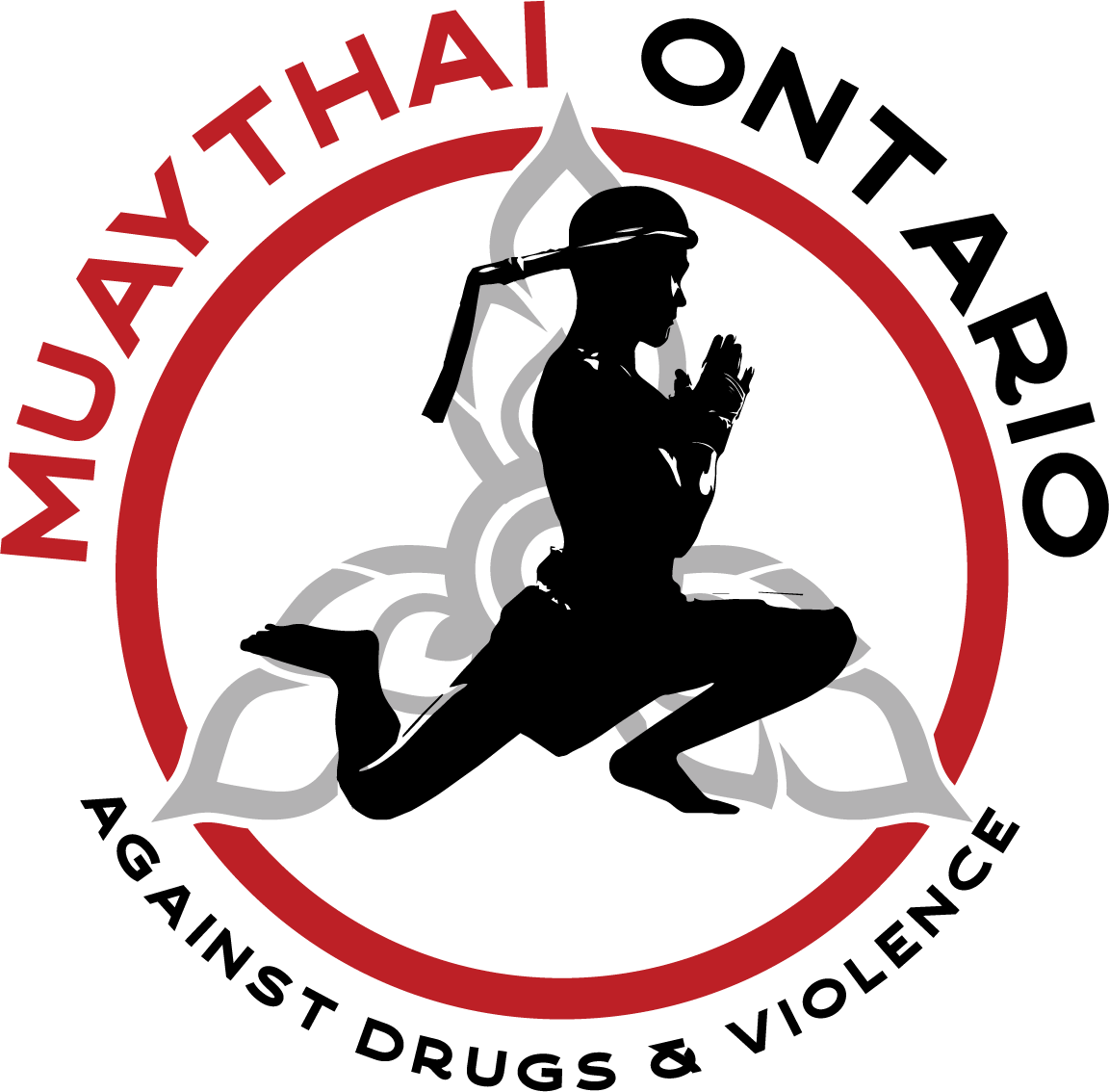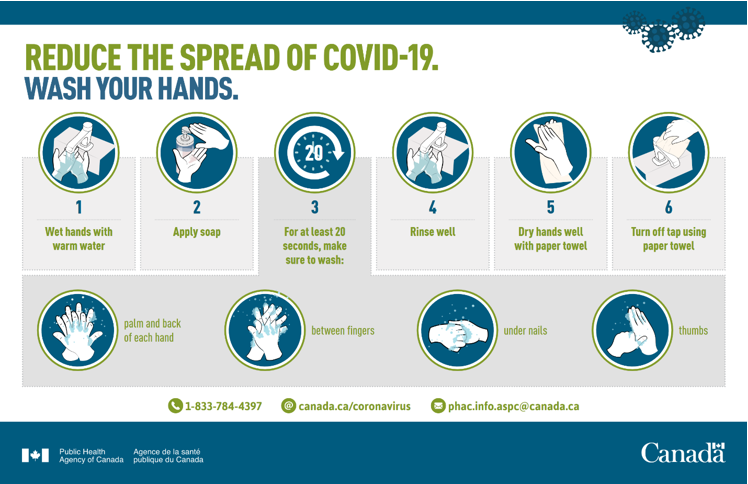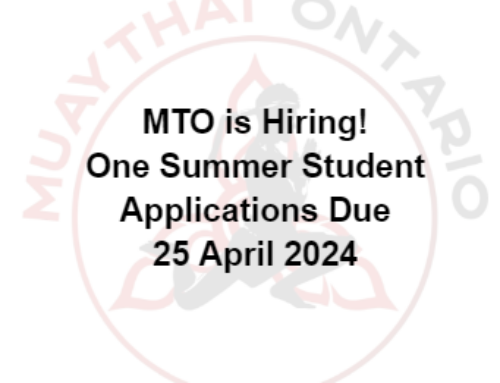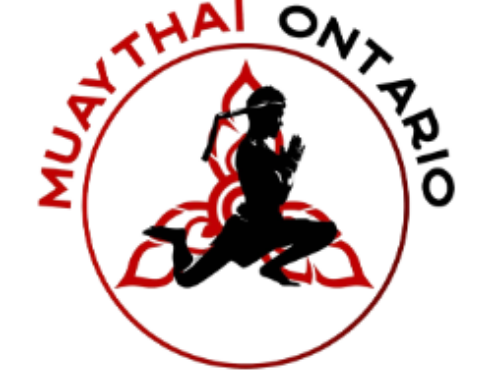Coronavirus COVID-19 Update for the Muaythai Community
With the recent developments concerning the Coronavirus COVID-19 (SARS-CoV-2) and consultations with the Olympic Committee, Canadian Sport Institute, Ministries of Sport, Muaythai Canada, and other counsel and stakeholders, Muaythai Ontario is suspending all competitive activities at the Provincial and Local levels until further notice.
Suspension of all Competition
All currently scheduled competitive events are postponed and no new competition bookings will be accepted until further notice. Affected Event Hosts will be contacted and worked with on a case by case basis. Fees for rushed information processing received this week will be returned to members, however no further refunds will be processed at this time.
Muaythai Ontario will continually review the circumstances as more information becomes available. We wish the best of health to our Muaythai Community, and look forward to bringing you positive news when competitions resume.
Precautions for Clubs
If Clubs continue with training and classes, Clubs and participants are recommended to take extra precautions and limit the use of club space only to those actively participating and remove observers/bystanders.
Any members, coaches or staff of Clubs should
- Stay home if sick with any illness, even if not sharing the symptoms of the Coronavirus;
- Clean gym equipment/space thoroughly and often;
- Wash hands often with warm soapy water for 30 seconds;
- Avoid shaking hands, and try not to touch the face, eyes, or nose; and
- Follow good personal hygiene after every class, including showering with soap and water and washing uniforms after use.
Club owners and members should regularly check their public health websites in for updated information regarding COVID-19.
General Prevention
It appears that COVID-19 is more contagious than the typical influenza virus.
The virus is transmitted primarily through respiratory droplets. Those that are experiencing symptoms are more likely to spread the illness than those that have the illness but do not have symptoms. There is ongoing research to determine if there are other possible modes of transmission such as fecal or air.
The estimated incubation period (time from initial expose to onset of symptoms) is between 1-14 days but is about five days on average. Symptoms can persist for longer than three weeks, although the duration of illness will be highly variable.
Wash your hands frequently
Regularly and thoroughly clean your hands with an alcohol-based hand rub or wash them with soap and water.
Why? Washing your hands with soap and water or using alcohol-based hand rub kills viruses that may be on your hands.
Maintain social distancing
Maintain at least 1 metre (3 feet) distance between yourself and anyone who is coughing or sneezing.
Why? When someone coughs or sneezes they spray small liquid droplets from their nose or mouth which may contain virus. If you are too close, you can breathe in the droplets, including the COVID-19 virus if the person coughing has the disease.
Avoid touching eyes, nose and mouth
Why? Hands touch many surfaces and can pick up viruses. Once contaminated, hands can transfer the virus to your eyes, nose or mouth. From there, the virus can enter your body and can make you sick.
Practice respiratory hygiene
Make sure you, and the people around you, follow good respiratory hygiene. This means covering your mouth and nose with your bent elbow or tissue when you cough or sneeze. Then dispose of the used tissue immediately.
Why? Droplets spread virus. By following good respiratory hygiene you protect the people around you from viruses such as cold, flu and COVID-19.
If you have fever, cough and difficulty breathing, seek medical care early
Stay home if you feel unwell. If you have a fever, cough and difficulty breathing, seek medical attention and call in advance. Follow the directions of your local health authority.
Why? National and local authorities will have the most up to date information on the situation in your area. Calling in advance will allow your health care provider to quickly direct you to the right health facility. This will also protect you and help prevent spread of viruses and other infections.







